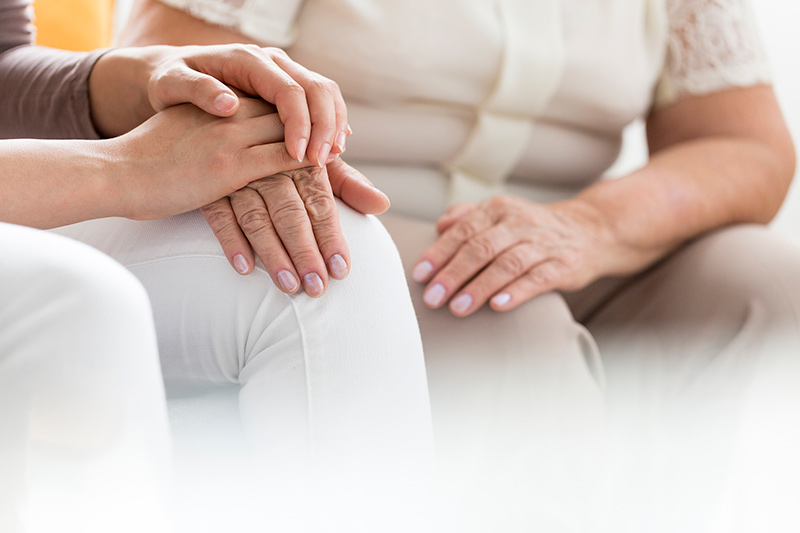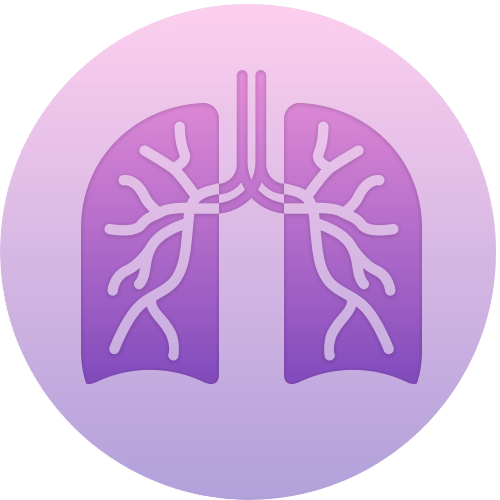How to deal with a significant medical diagnosis?

There is no doubt that we all know life is full of suffering. One of the hardest things we all have to bear in life is the concept of “loss”. Sooner or later, we all will have to bear some form of loss. Whether it’s losing our loved ones, losing our health, or losing materialistic things, we are in a constant battle of trying to retain the things we treasure. However, despite the inevitable nature of “losing”, the thing that we all must hold dearly is our values and character. It holds true especially when we are faced with tremendous catastrophe – there is a tendency for us to lose sight of what we stand for. It’s no different if it comes to a time when you are unfortunately diagnosed with a significant medical condition.
Many serious health problems seem to develop unexpectedly, upsetting your life out of the blue. You may feel overwhelmed by waves of difficult emotions. There is bound to be a certain element of fear, profound sadness, anguish, and grief. Or you’ll just enter a phase frozen by the shock and simply do not know how to react and cope. The emotional turmoil can prevent you from functioning or thinking straight and what’s worse is that it can lead to depression and anxiety problems further down the track if you don’t handle it properly in the first instance. What I’ve learned as a pharmacist after dealing with multiple patients with newly diagnosed medical conditions is not to let it get the best of you. It is very easy to blur the line between your illness and your character. Over the years, I’ve seen many people with different values and outlooks on life, all handle their diagnosis differently – some for the better and some for the worse.
The first thing to do to preserve your character is to allow yourself a period to absorb the news and to not ignore your feelings. It is always the best approach to talk to someone you trust and not to bottle up your feelings and emotions which often is the easiest thing to do. By acknowledging your feelings and emotions, you are allowing yourself to grieve through proper means; hence preventing yourself from internalising fear and anger which is a dangerous fuel for bitterness and resentment.
The reason some people may never seem to look past the grieving phase could very well because of the fact that they are frustrated the diagnosis may hugely affect their normal life and plans for the future. You’re now no longer able to travel because of the treatment plan (not that we can travel overseas now anyway due to COIVD) or you’re no longer able to live the same lifestyle as before. Either way, we need to come to terms that life is unpredictable and even the best-laid plans may go astray and that is part of being alive. Even though you know where you’re heading, you might have a flat tire along the way and that might affect the expected time of arrival to your destination. The point is to realise that life can be punctuated by unexpected catastrophe and the responsibility lies with us on how to handle it and to make it no worse than it has to be. The best time for such realisation is after acknowledging your feelings and emotions and not before.
A lot of people don’t realise that allowing a diagnosis to bring you down is a poor strategy to position yourself on the road to recovery. Also, what’s worse is to allow your behaviour to take its toll on the people around you. You have a moral obligation to not destroy your family or loved ones by letting them see your illness tear you down in the first place. You have to be strong, not just for you, but also for them. Now I’m not saying you cannot show your vulnerability, in fact, you should embrace it but there is a delicate balance in doing so and not letting your vulnerability break you or your loved ones.
A difficult situation that I have been in is with my mum. She had a problem with her lower back and it bothered her for a few years before it reached a stage where she needed to have surgery to fix it. She experienced excruciating pain daily and the hardest thing was watching someone you love so dearly suffer from so much pain. The level of pain is malevolent beyond belief. However, she always conducted herself admirably, not showing us the level of pain that she was in because she didn’t want us to get worried. My mother has taught me not to let your illness be an excuse to be a victim. Once you start feeling sorry for yourself, you automatically won’t be able to distinguish the difference between your illness and your vulnerability. Once you start to blur that line, you’ll be in a murky place, where it’s more difficult for you to bounce back, leading to a path of resentment.
So how can you remain positive and emotionally intact when you are faced with a significant diagnosis or health issue? Well, as mentioned in my previous paragraphs, acknowledging your emotions and the ability to comes to terms with reality is important. However, it is equally, if not more important to realise that the alternative is worse if you insist on not accepting the reality. Many times, we deceive ourselves into thinking that escaping reality and constant denial is the best strategy. I mean, it makes perfect sense to find a corner of the room, hide away from the problem and not deal with it. But doing so will not make your illness go away, it will probably make it worse. Being diagnosed with a significant illness is one thing but doing something about it, staying positive, and making your life less miserable is another. The last thing you want to be doing is to let your illness not only conquer you physiologically but also psychologically as well.
If you know someone is going through a difficult time accepting their illness, you owe it to yourself to do something to help them. Sometimes all you need to do is to be there to support them and let them know that they are not a victim. Steer them back on the path of recovery by letting them know that they are still strong and their life is still as bright as before the diagnosis.
To overcoming adversity,



















